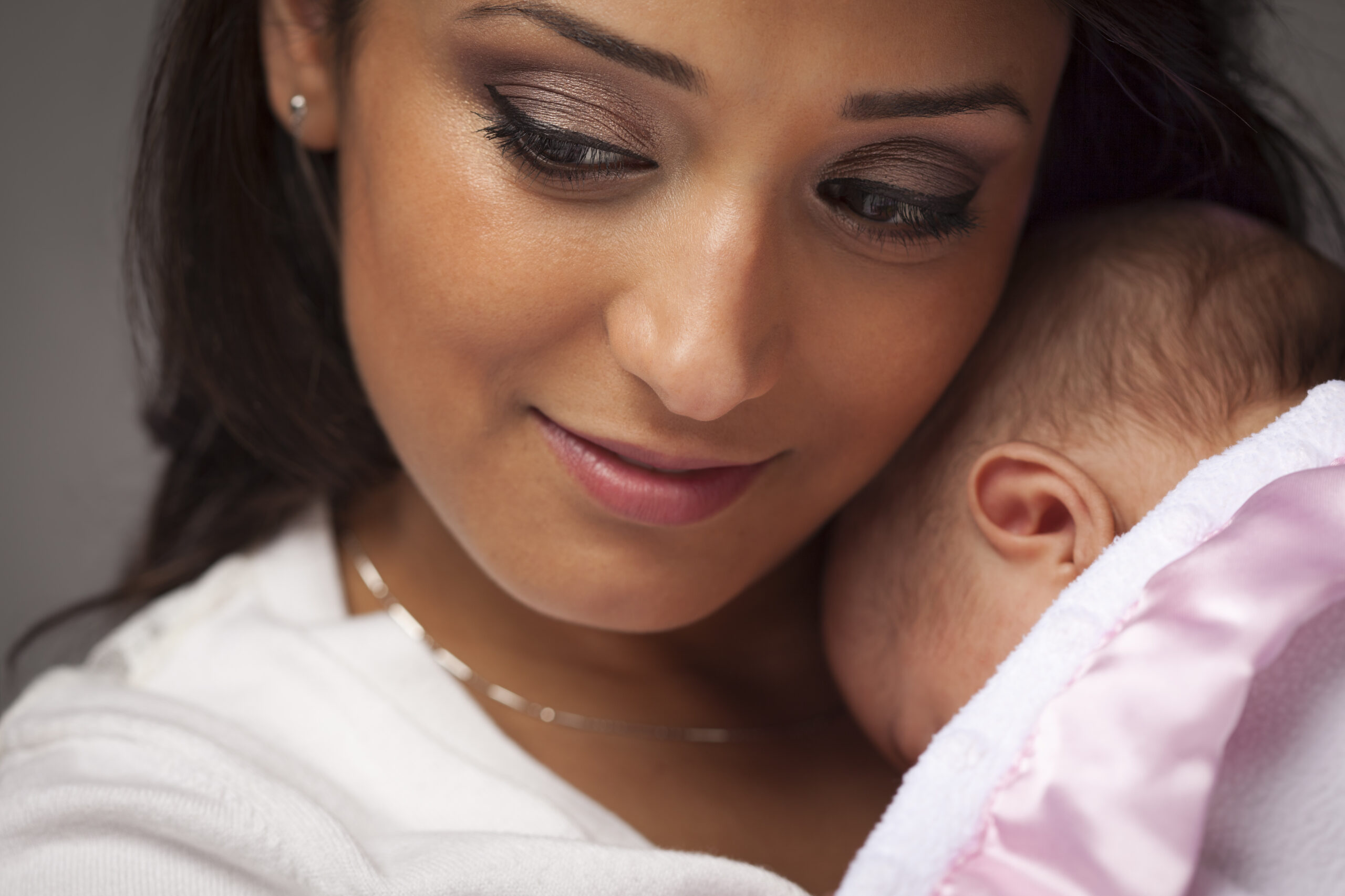
Pregnancy brings about numerous physical, hormonal, and emotional changes that can significantly affect sexuality and sexual experiences. Here’s a detailed overview of sexual changes during pregnancy:

Sexual Changes During Pregnancy
Below are some points for sexual changes during pregnancy:
- Hormonal Changes
1. Increased Hormones: Pregnancy leads to heightened levels of hormones such as estrogen and progesterone. These can increase libido for some women due to enhanced blood flow and sensitivity in the genital area.
2. Oxytocin: Often referred to as the “love hormone,” oxytocin levels rise during pregnancy, promoting bonding and intimacy.
- Physical Changes
- Breast Changes: Breasts become larger and more sensitive due to hormonal fluctuations. Some women may find this sensitivity pleasurable, while others may experience discomfort.
- Vaginal Changes: Increased blood flow can lead to greater vaginal lubrication, while some women may experience dryness due to hormonal shifts.
- Body Image: Changes in body shape and weight can affect self-esteem and body image, influencing sexual desire and comfort.
- Emotional Changes
1. Mood Swings: Hormonal fluctuations can lead to emotional highs and lows, affecting libido. Some may feel more romantic, while others may feel less inclined toward sexual activity.
2. Stress and Anxiety: Concerns about pregnancy, childbirth, and parenting can lead to anxiety, which may reduce sexual desire.

Sexual Changes During Pregnancy
Below are some points for sexual changes during pregnancy:
- Sexual Desire
1. Variability: Libido can fluctuate throughout pregnancy. Some women may experience an increase in desire, especially in the second trimester, while others may notice a decrease, particularly in the first and third trimesters.
2. Comfort and Positions
- Physical Discomfort: As the pregnancy progresses, physical discomfort may make certain positions difficult or less pleasurable. Finding comfortable positions is key; side-lying positions or those that don’t put pressure on the abdomen are often recommended.
- Exploration: Couples may explore new ways of being intimate that are comfortable and enjoyable, which can help maintain intimacy.
- Concerns About Safety
1. Sexual Activity: Many healthcare providers deem sexual activity during a healthy pregnancy safe, although there are certain conditions (like placenta previa or preterm labor) where it may be advised to abstain.
2. Communication: It’s essential for partners to communicate openly about comfort levels and any concerns regarding sexual activity during pregnancy.
- Postpartum Changes
1. Healing and Recovery: After childbirth, physical recovery can affect sexual activity. Women may experience vaginal dryness, soreness, or changes in libido as their bodies heal.
2. Emotional Readjustment: The transition to parenthood can also impact emotional intimacy and sexual desire, leading to a period of adjustment.
